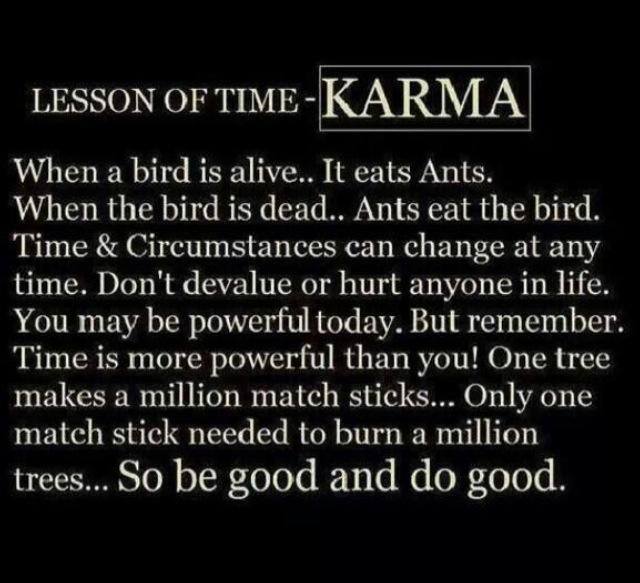Virtual Mourning
Shooting started this week and it was certainly good to be back behind the camera and talking to people. At this stage, the project is still taking shape and I’m on the hunt for treasure, i.e. the magical images or words that come forward that I wasn’t even expecting. Friends and acquaintances are still recommending people to me for potential subjects and many others are telling me their own story. There are a lot of people who have grief in their life and loss they can do nothing about but learn to live with. It is very humbling to me that with just a few words of my story, they are willing to share their own.
On the tech side, I love the C100. It’s really like shooting film again with the ease of capturing audio the video way. For those in the know, I think I took the zebra settings a bit too seriously and was down by maybe one more stop than was necessary but the bokeh is still beautiful. The Canon CN-E lenses are serious business!
This morning I came across an article What Should We do with the Online Dead?
The issue of virtual memorials struck a chord with me, although not everyone, including my sister, leaves a blog or personal website behind that forms the backbone of an online legacy. I am well aware that I am the keeper of her memorial in whatever form it takes and the film I am doing now is an aspect of that. To me, there are real issues to be explored along the lines of “How Should We Behave About Death Online?”
A friend of mine from school told me how she and her husband raced home after the death of his mother, rushing to tell their children in person before they saw an aunt’s posting on Facebook. They got home within twenty minutes and the Facebook posting had already gone up but fortunately their kids had not seen it yet.
I remember also a young girl still in high school in the hospice kitchen with her best friend. I was getting a cup of coffee and her father had just died moments before. With tears coming down her face, she was calling her friends to tell them what had happened and pleadingly asking them to stay off of Facebook until she could decide how to handle it.
In the day after my sister’s death, aunts and uncles who hadn’t seen my sister in years took to posting on Facebook, taking public sympathy laps that I found extremely vulgar and self-serving (especially for people in their 60s and 70s). The relative that started Facebooking, hadn’t seen my sister the last year and a half of her illness and had had a bad final phone call with my sister that caused my sister to ask me to cancel any wake we might plan for her. Other relatives who chimed in were ones that hadn’t seen her in even longer. One uncle, who seemed so sentimental online, never returned my sister’s last phone call to him three months before she died. (She left a couple of messages and he basically blew her off.) He and many others did not even attend her funeral. However, online they treated my sister’s death as if it was some kind of event or happening of which they did not want to be left out. But worse, it seemed that they were crafting a false relationship for the public to see that portrayed them as far more present and loving than they were.
In the end, I realized their Facebook postings were mostly for themselves, serving as a construct of a family and love and loyalty that they did not actually possess and a very weird way for them to publicly grieve amongst themselves and with other Facebook friends unrelated.
So much of social media is driven simply by our efforts to construct reality and ourselves, to get others to see us as we want to be seen, to accumulate numbers of friends and connections that in many cases do not at all signify real relationships, and to build a look of a life that may never ever have existed at all.
I’ve spent a long time deciding on what to do with my sister’s things – her physical remains, her clothes, her journals, everything she had. I closed the credit cards and bank accounts and paid the debts that could be paid. But for now, I’ve let her social media and email accounts be. They are certainly not Michelle, not even close to who she was. But every once in a while someone posts something on her pages. It’s really something about themselves, something aspirational, something myth-building about a relationship that they do not have and most likely never had at all. It’s fantasy and like all fantasies some of their postings are beautiful and some are ugly.
David Eagleman expresses…beautifully in his collection of short stories, SUM: “There are three deaths. The first is when the body ceases to function. The second is when the body is consigned to the grave. The third is that moment, sometime in the future, when your name is spoken for the last time.” So on the one hand, we get to carry our loved ones with us much longer than perhaps we thought. But on the other hand, Eagleman also says, “Since we live in the heads of those who remember us, we lose control of our lives and become who they want us to be.” So it’s a double-edged sword. But it’s our double-edged sword; it’s just the nature of our impermanence. The situation isn’t much different as when we’re alive; even in living we are what people think we are.
I still do wish that people would be more humble and modest and delicate and would refrain from jumping on social media the moment they hear someone they know has died. I may be the keeper of my sister’s memorial but the thing I spend the most time thinking about how to respect the mystery that was my sister, the life inside her that only she knew. No amount of digital portraiture can do that justice for any of us.



